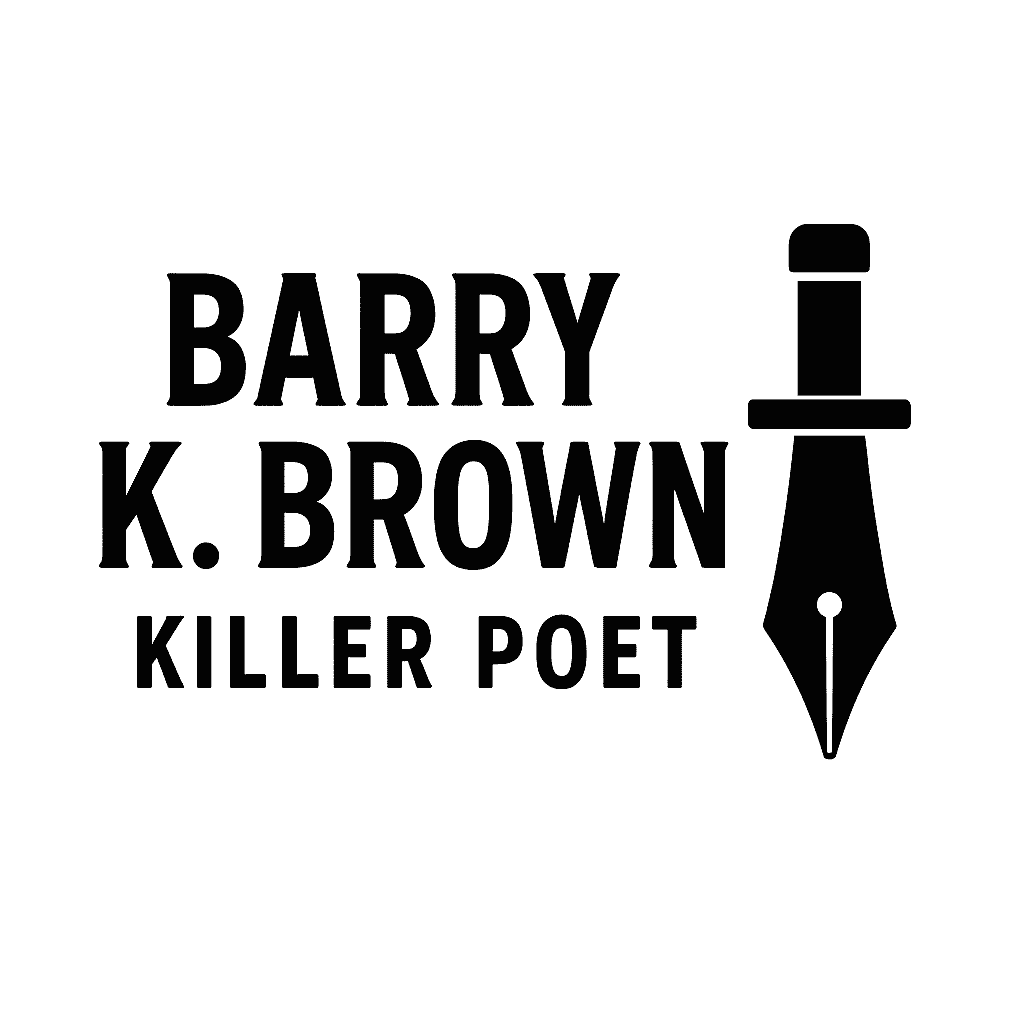Crafting a great book is just the first step to publishing a bestseller. Once the book is written, you need to effectively promote your work. This is where marketing for authors comes into play. It’s essential to develop a strategic marketing plan tailored to your audience and genre. Successful marketing can transform your book into a bestseller and expand your reach as an author. In this article, we’ll discuss various strategies and actionable tips that indie authors and small publishers can use to tap into the world of marketing and achieve their publishing dreams.

Build Your Author Brand
What is an Author Brand?
Your author brand is essentially your identity as an author. It encompasses your writing style, the messages you convey in your books, and how you engage with your audience. A strong author brand can elevate your visibility and help you connect with readers on a personal level.
Why is Branding Important?
- Recognition: A strong brand helps readers remember who you are, making it easier for them to find your future works.
- Trust: A consistent and professional brand fosters trust among your audience.
- Market Differentiation: It sets you apart from other authors in your genre.
Actionable Tips for Building Your Author Brand
- Define Your Brand: Consider your writing style, themes, and target audience. What emotions do you want your books to evoke? Write down the key elements that define who you are as an author.
- Create a Professional Author Website: Your website should showcase your books, provide information about you, and serve as a platform for readers to connect with you. Make sure to include:
- A dedicated ‘About’ page
- A blog for sharing insights and updates
- Links for purchasing your books
- Consistent Messaging: Use a consistent tone of voice across all platforms, including your website, social media, and promotional materials. Consistency helps reinforce your brand.
Understand Your Audience
Knowing your target audience is vital for effective marketing for authors. Understanding their preferences and behaviors allows you to tailor your marketing campaigns accordingly.
Research Your Audience
- Identify Demographics: Determine the age, gender, location, and interests of your readers.
- Analyze Reading Habits: Understand what genres they prefer, what platforms they use, and how they consume content.
Actionable Tips for Audience Engagement
- Create Reader Personas: Develop detailed profiles of your ideal readers, including their interests and challenges. This can help guide your marketing efforts.
- Engage on Social Media: Join groups and forums related to your genre where your target audience congregates. Share valuable content, participate in discussions, and build relationships.
- Test and Revise: Monitor your audience engagement regularly to see what works and what doesn’t. Be willing to adapt your strategies based on feedback and data.
Leverage Social Media for Maximum Reach
Social media is an incredibly powerful tool for marketing for authors. It allows you to connect directly with readers, share updates, and promote your work.
Choosing the Right Platforms
Not all social media platforms are created equal. Here are some popular options for authors:
- Facebook: Great for building a community around your work and sharing updates.
- Instagram: Ideal for visually showcasing your brand, especially if your book cover is eye-catching.
- Twitter: Useful for real-time updates and engaging with readers and other authors.
- TikTok: A rising platform where authors can utilize short videos to promote their books creatively.
Actionable Tips for Social Media Engagement
- Develop a Content Calendar: Plan and schedule your posts to maintain consistency. Include a mix of promotional content and engaging, non-promotional content to keep your audience interested.
- Utilize Stories and Live Sessions: Use Instagram Stories or Facebook Live to connect with your audience in real-time. Host Q&A sessions, share behind-the-scenes insights, or read excerpts from your book.
- Engage and Respond: Reply to comments, ask for feedback, and engage with your followers. Building relationships can lead to loyal readers who are eager to support your work.
Build an Email List
The Power of Email Marketing
Email marketing remains one of the most effective ways to reach your audience directly. It allows you to communicate with readers, share updates, and promote your books without relying on social media algorithms.
Actionable Tips for Building Your Email List
- Offer Incentives: Encourage readers to sign up for your newsletter by offering freebies such as a short story, a character guide, or exclusive content related to your book.
- Consistency is Key: Send out newsletters regularly—monthly is a good starting point. Share updates about your writing journey, book releases, or personal stories that resonate with your audience.
- Personalize Your Emails: Use the reader’s name and tailor your content based on their interests. Personalization helps create a deeper connection and increases engagement.
Collaborate with Other Authors and Influencers
The Benefits of Collaboration
Collaborating can expand your reach and introduce your work to new audiences. Whether it’s through partnerships with other authors or influencers within your genre, collaboration enables you to leverage each other’s audiences.
Actionable Tips for Collaborating
- Participate in Anthologies: Join forces with other authors to create an anthology. This allows you to share the spotlight and reach new readers who may enjoy your style.
- Guest Blog and Cross-Promote: Write guest posts for other authors’ blogs or invite them to do the same for your platform. Cross-promoting can expand your reach significantly.
- Host Events Together: Organize book launch events, virtual readings, or webinars with other authors. Events build excitement and help you tap into each other’s audiences.
Use Paid Advertising
When to Consider Paid Ads
If you have a budget for marketing, paid advertising can significantly increase your visibility. It’s especially useful when launching a new book or reaching a specific target audience.
Types of Paid Advertising
- Social Media Ads: Targeted ads on platforms like Facebook and Instagram can reach a highly specific audience based on demographics and interests.
- Amazon Advertising: Promote your book directly on Amazon to reach readers actively looking for new titles.
- Google Ads: Use keyword targeting to display ads in search results related to your genre.
Actionable Tips for Effective Advertising
- Set Clear Objectives: Define what you want to achieve with your ads—whether it’s driving sales, building your email list, or increasing overall visibility.
- Experiment and Optimize: Test different ad formats, headlines, and images to see what resonates with your audience. Continuously refine your ads based on performance data.
- Monitor Your Budget: Keep a close eye on your spending and ensure that your returns justify the investment in paid advertising.
Measure and Analyze Your Marketing Efforts
Why Measuring is Essential
Tracking the success of your marketing strategies allows you to understand what’s working and what isn’t. Continuous assessment enables you to pivot and enhance your efforts effectively.
Key Metrics to Monitor
- Website Traffic: Use tools like Google Analytics to track how many visitors you’re getting and from where.
- Engagement Rates: Measure likes, shares, and comments on your social media platforms to gauge interest.
- Email Open and Click Rates: Analyze how many recipients are opening your newsletters and clicking on links.
Actionable Tips for Measuring Success
- Set Key Performance Indicators (KPIs): Establish specific targets for your marketing efforts. These could be sales goals, website visits, or email subscribers.
- Regularly Review Analytics: Set aside time each month to review your analytics. Understanding the data can help you make informed decisions moving forward.
- Adapt and Evolve: Use the insights gained from your data to tweak your marketing strategies. Don’t be afraid to experiment with new approaches based on your findings.
Marketing for Authors Made Simple
Marketing for authors is an ongoing journey that requires creativity, strategy, and adaptability. By building a solid author brand, understanding your audience, leveraging social media, and continuously measuring your efforts, you can elevate your books to bestseller status.
Applying these strategies thoughtfully will not only increase your book’s visibility but also build a loyal readership eager to support your future works. In the competitive landscape of publishing, remember that effective marketing is just as important as writing a great book. Start implementing these tips today and navigate your path to becoming a successful author!
